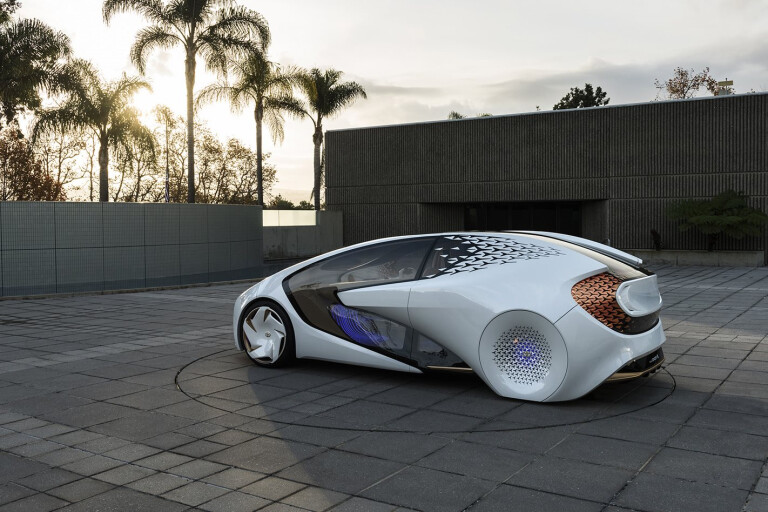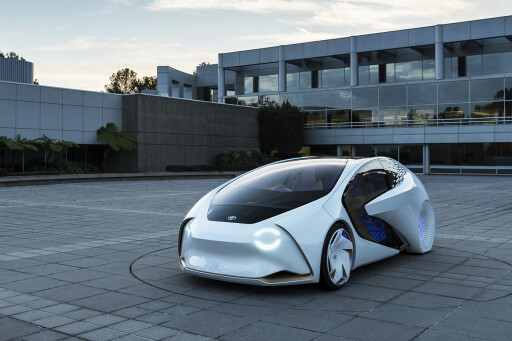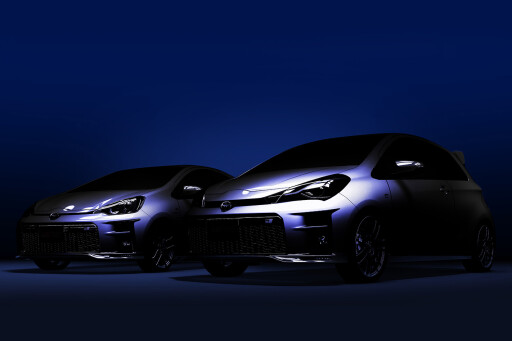
TOYOTA is reportedly working on a new generation of electric cars that will use solid-state capacitors to power themselves that can recharge much faster than conventional batteries.
Japanese news service Chunichi reported this week that Toyota planned to have the cars on sale in Japan by 2022, promising electric vehicles that can travel much further than the current generation of battery-fuelled versions, and cut top-up times to about the same as it takes to refuel a normal car.

Solid-state capacitors do not rely on liquids to store their energy. They tend to be much lighter and smaller than conventional “wet” lithium-ion batteries, and have a much higher energy density – the amount of electrical charge they can hold compared to a standard battery – and are better at storing the charge.
However, they tend to have a low power density, meaning that while they can hold a lot of charge (energy), they can’t produce much power quickly.
The carmaker is currently rolling out the Toyota New Generation Architecture – a hybrid, electric and fuel cell-ready platform – across its product range that is expected to also be compatible with solid-state batteries.

So far, only the Toyota Prius petrol-electric hybrid and the Toyota C-HR small SUV are using the new architecture, with the Corolla small car soon to roll out a new version also based on it.
Toyota also has the Mirai fuel-cell car that is built off the TNGA platform – the world’s first mass production hydrogen-fuelled car that converts the fuel to water and electricity to drive an electric motor – but the lack of refuelling infrastructure here has seen plans to launch it locally shelved.
Mazda is the only manufacturer to use a solid-state capacitor. The Mazda 6 sedan and wagon use the capacitor to store energy that’s normally wasted while braking, converting it into electricity that’s used for short periods while the car’s idle-stop system shuts down the engine to save fuel.
BMW and Volkswagen are believed to be working on similar solid-state electric vehicles.

COMMENTS